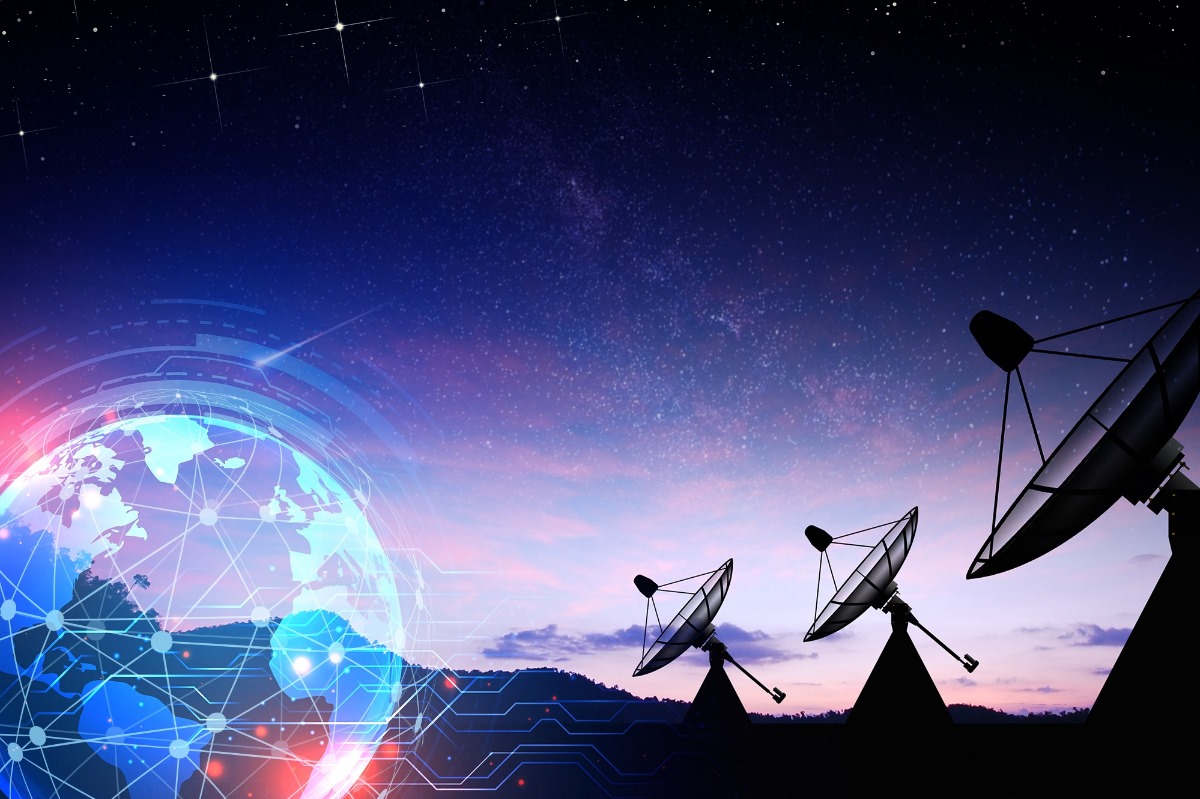 The 21st International Conference on Military Communications and Information Systems (ICMCIS) was held online from 4 to 5 May 2021 due to COVID-19 restrictions. The 21st International Conference on Military Communications and Information Systems (ICMCIS) was held online from 4 to 5 May 2021 due to COVID-19 restrictions.
The two-day virtual event, hosted this year by the NATO Communications and Information Agency (NCI Agency), was focused on the application of communications, information and data to the area of military situational awareness and decision-making. The ICMCIS conference brings together researchers in communication and information systems from NATO, national defence laboratories, academia and industry.
Each year, this conference acts as a hub for exchanging new ideas around the development of communications and information technologies. Research and development work presented at the conference this year included the use of artificial intelligence and machine learning, as well as technologies to counter unmanned aerial systems. A session devoted to quantum technologies was also included in the conference for the first time.
Major General Göksel Sevindik, Chief of Staff of the NCI Agency, delivered the opening keynote address of the conference.
“We want to ensure we continue to participate in this fantastic network of scientists interested in military topics and we want to contribute to the discussions happening in this community, explain what we are doing, and work better together. The Agency is proud to be part of this great event, and we look forward to collaborating with more of you in the future,” the Chief of Staff said in his remarks.
During this year’s conference, a special session was held on the advances in military application of 5G. The session was focused on addressing how the military can benefit from this technology to improve situational awareness and decision-making, while controlling the risks from using commercial technologies.
A keynote address from NATO’s Chief Scientist Dr Bryan Wells focused on how emerging and disruptive technologies bring both opportunities and challenges to NATO Allies.
“I think it is hugely important that NATO continues to fully understand the vital role that you, the CIS community, plays in meeting the current and future needs of the NATO Alliance,” Dr Wells said during his keynote address.
NCI Agency scientists contributed five peer-reviewed papers in several different domains such as data science, cyber security and 5G. The conference’s best paper award went to a paper focused on the use of 5G in deployed operations, by Germano Capela of the NCI Agency, Warren Low from Allied Command Transformation, and Luis Bastos of the NCI Agency.
The best young scientist prize was won by Mattia Fogli from the University of Ferrara. Published by STO | 